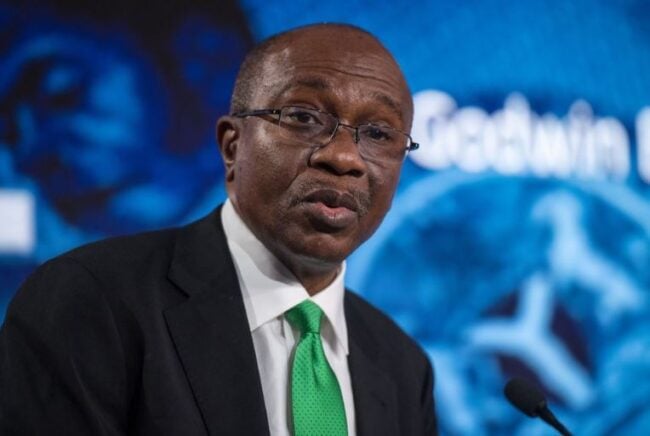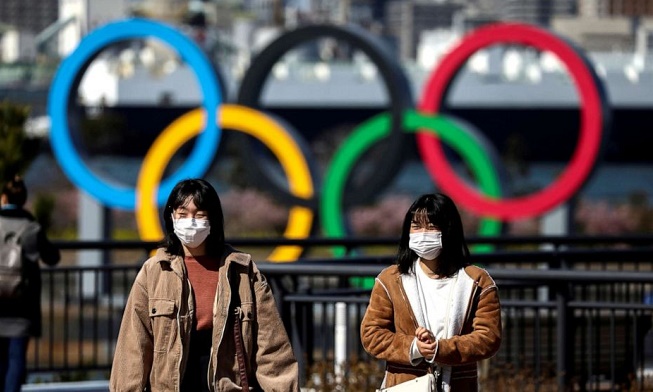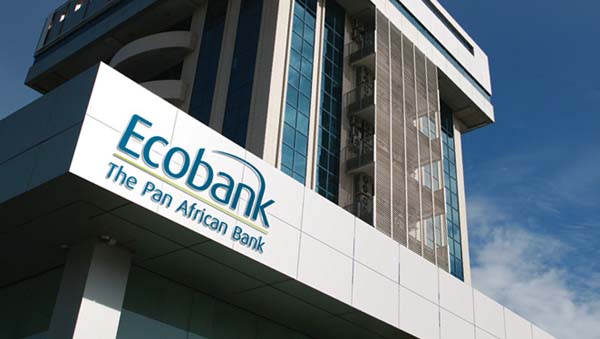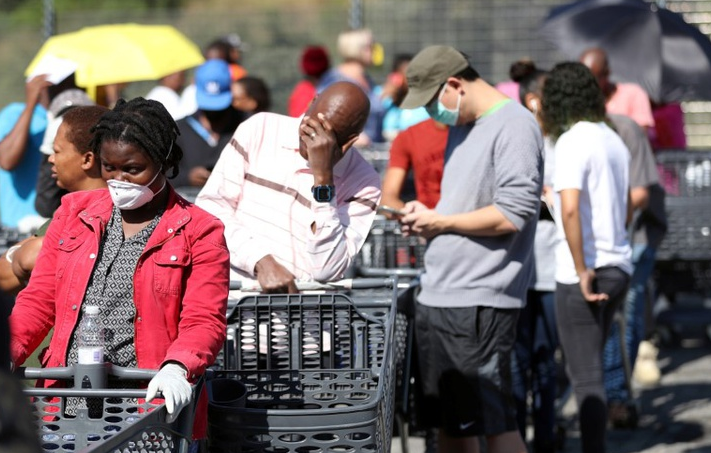The monetary policy committee of the Central Bank of Nigeria (CBN) has voted unanimously to retain the monetary policy rate at 13.5%.
This was announced by Godwin Emefiele, CBN governor, on Tuesday after the two-day meeting of the committee.
The cash reserve ratio (CRR) was retained at 27.5%, liquidity ratio at 30% and asymmetric corridor at +200 -500 basis point.
Emefiele said the decision was reached to allow previously announced interventions “time to permeate the economy and allow pandemic to wear out itself”.
Advertisement
“Taking note of the recent actions of the bank in response to the Covid-19 the committee resolved to allow time for the measures to permeate the economy while allowing the pandemic to wear out its plateau before deciding on further supporting policy measures to boost and strengthen aggregate demand and supply in the recovery phase of the economy,” he said.
On the considerations of whether to tighten, hold or loosen rates, Emefiele said: “In its wisdom, the committee felt that tightening would result in reining in the rising inflationary pressure and it would support reserve accretion.
“However, it would reduce the money supply and reduce deposit money banks credit creation capacity thus resulting in increasing the cost of credit with adverse impact on output growth.”
Advertisement
Further explaining the committee’s considerations, he said tightening would also result in a reduction in aggregate demand as a fall in disposable income would result in output compression whereas, at this time, “policy emphasis should be on stimulating aggregate supply and demand both already weakened by Covid-19”.
The committee was also said to have felt that loosening the rate would stimulate the economy in the short term and expressed the need to be cautious in loosening given the fact that it would “exacerbate an already worsening inflationary condition resulting in massive pressure on the reserves and exchange rate”.
“The choice to hold considered the subsisting loan to deposit ratio and the CRR policies which sterilised excess liquidity in the banking system hence an increase in the MPR would have been counterproductive.
“The CRR was increased at the last MPC meeting, time is required for its full effects to be manifest. Increasing the MPR would be contradictory to the recent reduction of interest rates in the CBN intervention programmes.
Advertisement
“An increase in MPR would be taken by deposit money banks as an invitation to increase lending rates and this would be unfavourable at this point in time when efforts are being made to avert a recession. A reduction in MPR would not make the DMBs to reduce lending rates.”
In response to the Covid-19 outbreak in Nigeria, the CBN had reduced interest rates for its intervention programmes, extended moratorium by one year for beneficiaries, injected N1.1 trillion into the economy, provided funding to the pharmaceutical companies and hospitals, and adjusted the exchange rate to N380/$.
On the fiscal side, the federal government reduced the 2020 budget by N1.5 trillion and the crude oil benchmark to $30 per barrel from $57.
Advertisement
Add a comment







